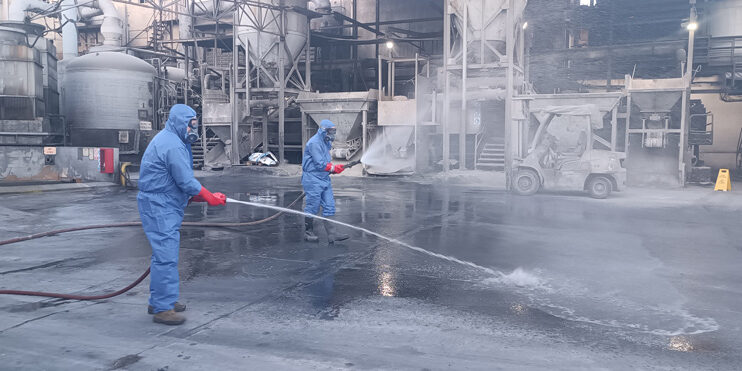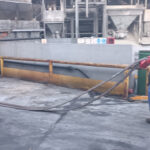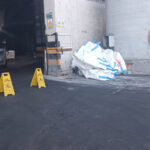Safety is not just a matter of written protocols: they must be put to the test. For this reason, at MSconsultors we recently coordinated the Self-Protection Plan (PAU) activation drill of a company in the chemical sector, in which an emergency situation was recreated with all its elements.
Drills are a fundamental tool to validate the organization’s response capacity, improve internal coordination and with emergency services, and ensure that all those involved know their role in the event of an incident.
The scenario: a chemical emergency
The company subject to the drill works with dangerous chemical products and, therefore, the level of risk is high. In this context, the correct planning and execution of the PAU is vital.
The drill represented a leak of flammable product in a production area, activating:
- Internal alert and evacuation of personnel
- Activation of the emergency control center
- Intervention of self-protection teams
- Communication with external emergency services
All of this was carried out under the technical supervision of the MSconsultors team, which evaluated the development of the drill and prepared the corresponding report.
What do we evaluate in a drill?
A drill is not just an operational test. It is a training and continuous improvement tool. During the day, aspects such as:
- The reaction time and activation of the plan
- The effectiveness of communication channels
- The appropriate use of protective equipment
- The understanding of the roles assigned in the PAU
- The capacity to coordinate with external services
All this data is collected to detect improvements, strengthen weak points and better prepare personnel.
Why is it essential to conduct drills?
Especially in environments with chemical or industrial risk, drills allow:
- Validate the viability of the PAU
- Reduce improvisation in real situations
- Align internal protocols with current regulations
- Improve the preventive culture within the company
MSconsultors, your ally in self-protection
At MSconsultors, we are specialists in emergency planning and in the drafting and implementation of complete Self-Protection Plans adapted to each case.
- Writing of PAUs
- Coordination of drills
- Evaluation and training of personnel
- Support in audits and inspections







